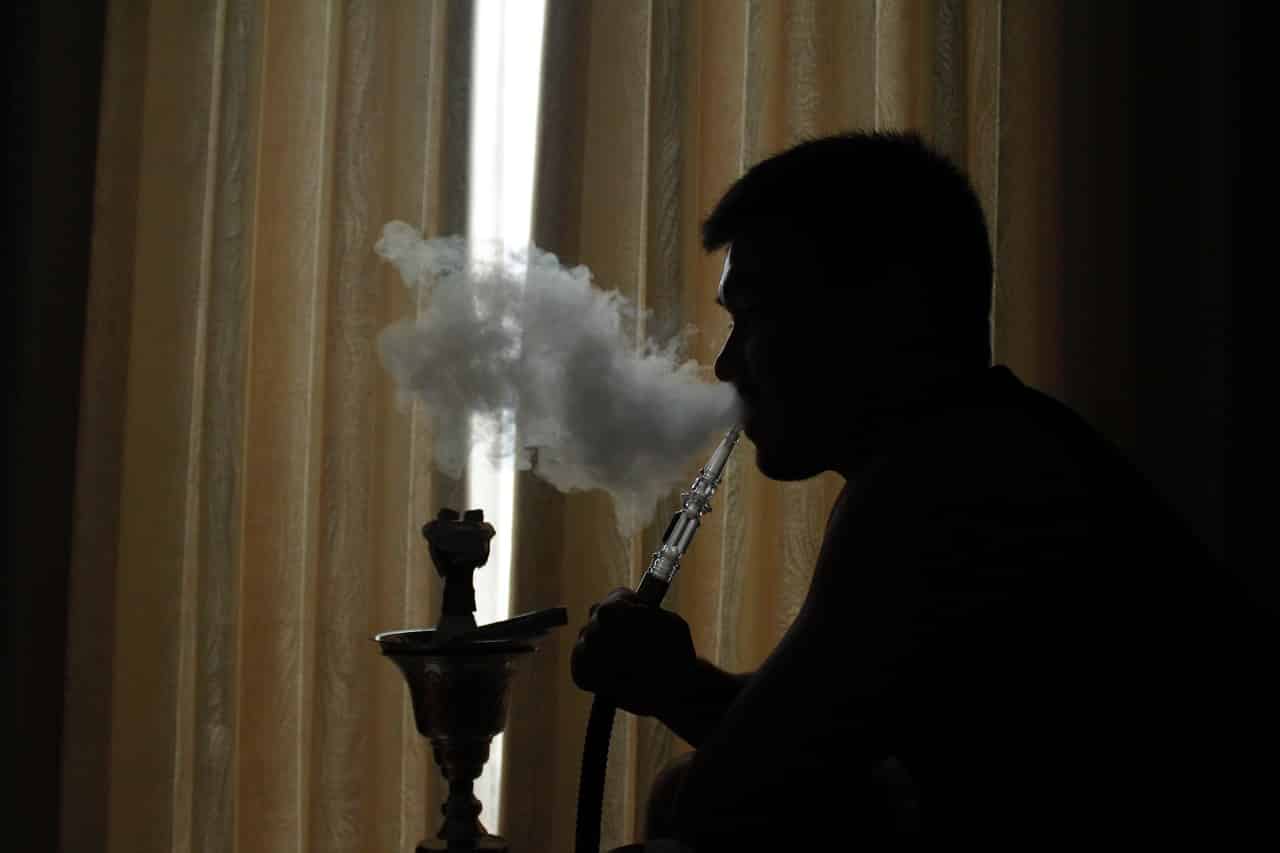
May 31 marks World No Tobacco Day, an initiative by the World Health Organization (WHO) to highlight the risks associated with smoking and encourage effective policies to reduce tobacco consumption. In Lebanon, this day holds particular significance due to the country’s high rates of smoking and the cultural prevalence of hookah smoking.
Over the years, Lebanon has struggled with an image as a “smokers’ paradise” due to previously lax legislation on smoking and widespread social acceptance of the practice. Studies indicate that the country has one of the highest smoking rates in the region, with significant consequences for public health. However, today, it is clear that there is a certain laxity, particularly in catering.
The prevalence of smoking in the population is quite high. Among men, the smoking rate is 41%. This means that almost half of men are or have been smokers. For women, this percentage is significantly lower, at 13%. This demonstrates a significant difference in smoking habits between genders.
When it comes to daily cigarette consumption, men smoke an average of 19.4 cigarettes per day. Women, for their part, smoke a little less with an average of 12.8 cigarettes per day. Although these figures are lower than those of men, they nevertheless remain worrying.
Smoking has a considerable impact on mortality. Every year, around 2,300 men die from smoking. For women, this number is slightly lower, with 1,700 deaths per year. These alarming figures highlight the importance of taking steps to reduce smoking and increase awareness of its dangers.
Tobacco consumption has harmful consequences on the health of individuals, which can lead to serious diseases such as lung cancer, cardiovascular diseases, chronic bronchitis, pulmonary emphysema, among others. In addition to physical health consequences, smoking also has impacts on mental health, the economy and the environment.
In Lebanon, despite the government’s efforts to limit tobacco consumption through awareness campaigns and increasing taxes on tobacco products, the smoking rate remains high. Lebanese smokers are often young people, who start smoking as early as adolescence, which increases their risk of developing tobacco-related diseases later in life.






